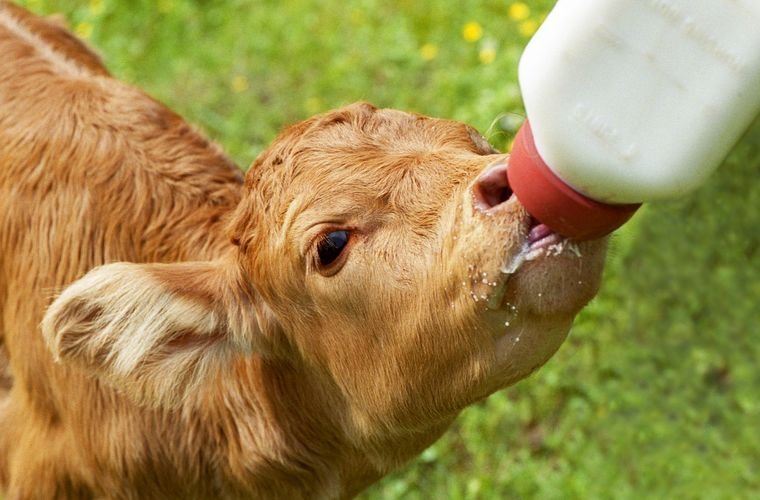COVID-19 had claimed hundreds of thousands of lives since the pandemic started two years ago. Because of this, many scientists are looking into ways to help the human body be prepared to fight the disease. From vaccines to pills, studying how to boost the body’s defenses is a multidisciplinary focus.
Because vaccines remain a somewhat controversial topic in the U.S., many researchers and companies are looking into ways to help the body fight the coronavirus without a vaccine. One incredible resource that could naturally help researchers at the University of Michigan found the body; in cow’s milk.
Background: Looking into Cow Milk Proteins
There are many cow milk proteins, but lactoferrin is one of the most well-known. This protein is also found in saliva, tears, and nasal secretions. Lactoferrin is a particular protein because it’s also part of the immune system, has antimicrobial abilities, and works specifically within mucus. This protein also helps protect infants with its antibacterial properties. Lactoferrin sequesters any free iron from the body, helping to remove specific biological materials that encourage bacterial growth. Looking into lactoferrin’s amazing abilities, researchers from the University of Michigan hoped that these elements could also be applied toward fighting the coronavirus.
Analysis: Lactoferrin in Action
To test lactoferrin’s properties against COVID-19, the researchers developed a series of laboratory tests. In these tests, lactoferrin was pitted against some of the most common SARS-COV-2 variants, including WA1 and Delta within in-vitro settings. According to lead investigator Jonathan Sexton, a Ph.D. in the University of Michigan’s Department of Internal Medicine: “Each of these variants includes modifications to the SARS-COV-2 spike protein that reduces the efficacy of newly produced vaccines. Furthermore, each of these strains shows reduced neutralization by vaccination.” In each of the tests, the lactoferrin was found to be effective against all the variants, inhibiting the virus from functioning.
The researchers also tested the effectiveness of the lactoferrin protein in combination with dextrose and sorbitol, two main ingredients in oral pills. The protein was still able to inhibit the virus even with these additions, suggesting that the protein could be effective in an oral pill form. The team of researchers published their findings in the Journal of Dairy Science.
Outlook: Using Cow Milk Proteins
Because lactoferrin showed effectiveness against all the variants tested, the researchers hope to continue looking at the protein to develop better potential applications for immune health, as the protein offers a broad spectrum of possibilities. “This is especially important when there are limited treatment options or when treatment options are too costly for widespread use,” Sexton added. “An orally available therapeutic covering emerging strains would be ideal for treating SARS-COV-2 in areas without widespread vaccination or if new strains escape the vaccine.” Given that vaccination is still a controversial topic within the U.S., having a pill with lactoferrin could help work around this controversy. Before that happens, more research needs to be done, possibly uncovering more amazing abilities of the lactoferrin protein.
Kenna Castleberry is a staff writer at the Debrief and the Science Communicator at JILA (a partnership between the University of Colorado Boulder and NIST). She focuses on deep tech, the metaverse, and quantum technology. You can find more of her work at her website: https://kennacastleberry.com/

